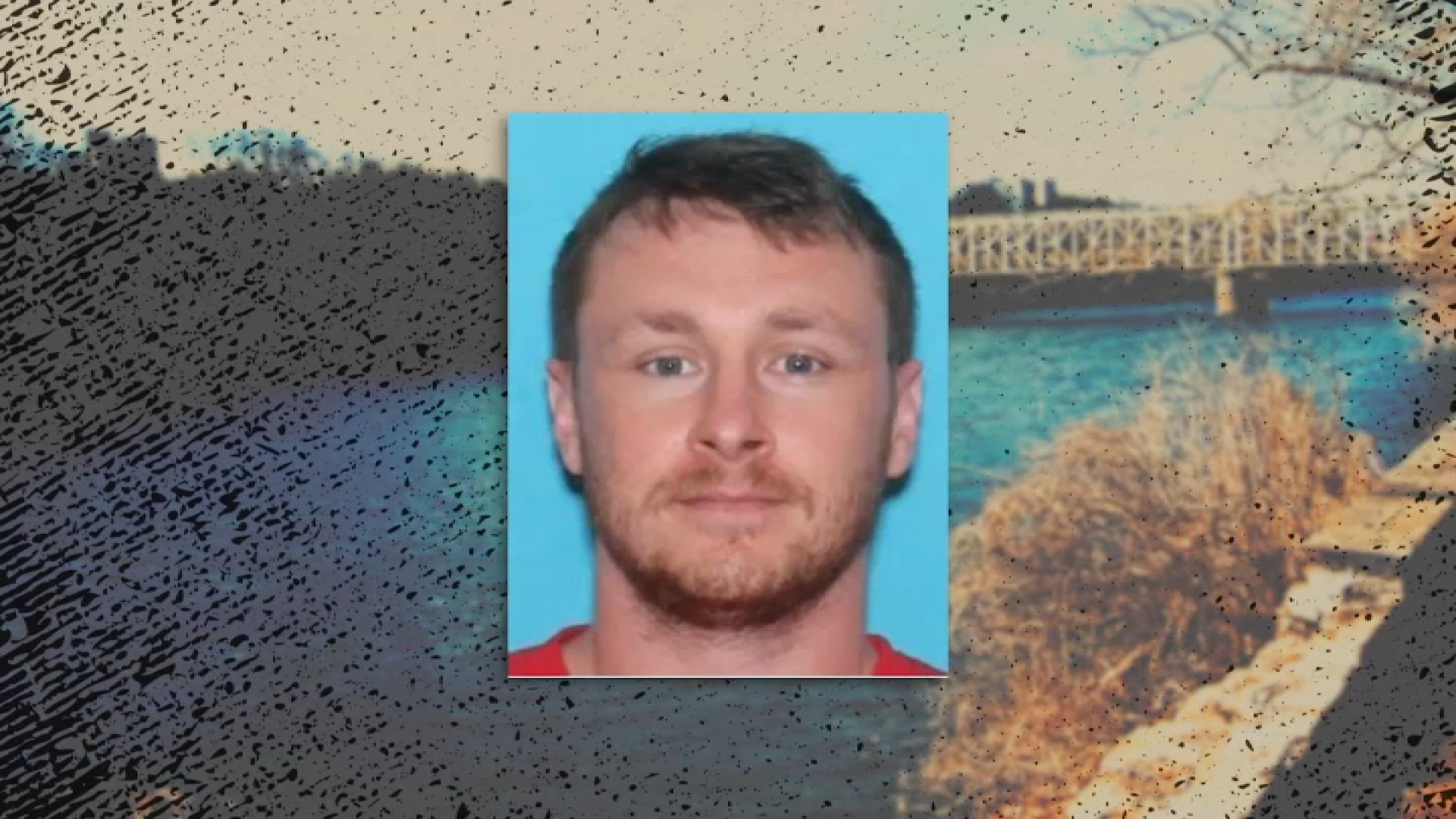Stretches of the swollen Susquehanna River began receding Friday after days of rainfall from the remnants of Tropical Storm Lee, forcing evauation order for nearly 100,000 people.
- Water in the Streets is Toxic, Full of Sewage: Corbett
- Water Safety Tips
- Police Officer's Daughter Drowns in Car During Floods
In Wilkes-Barre, where more than 70,000 people were told to get to higher ground, the Susquehanna crested at 42.66 feet Thursday night. That's higher than the record of 40.9 feet set in 1972 with Hurricane Agnes' historic flooding.
"They did what was right for them, the people down there,'' said Tom Vaxmonsky, a resident of West Pittson, just upstream from Wilkes-Barre. "But it's like everything else, for every action there's a reaction. And the reaction is that we got a lot more water than we did in `72 with the Agnes flood.''
The levees holding back the Susquehanna in Wilkes-Barre weren't designed for that much water. Officials said Friday the levees were under "extreme stress'' but holding.
The flooding was fed by days of drenching rains from what had been Tropical Storm Lee, and followed a little more than a week the dousing that Hurricane Irene gave the East Coast. In some areas of Pennsylvania, the rainfall totals hit nine inches or more, on top of what was already a relatively wet summer.
Authorities in Pennsylvania closed countless roads, including some heavily traveled interstates, and evacuation shelters opened to serve the many displaced people.
Local
Breaking news and the stories that matter to your neighborhood.
President Barack Obama declared states of emergency in Pennsylvania early Friday, clearing the way for federal aid.
Evacuees had been told to expect to stay at least until Sunday or Monday, and it will be some time before officials get a handle on the damage that included a partial bridge collapse in northern Pennsylvania, vehicles and other property swept away, and failed sewage treatment plants.
"We're going to have some damage, but you won't know until it's over,'' said Wilkes-Barre Mayor Tom Leighton.
People in many small towns and rural areas in central Pennsylvania scrambled to get their families and their belongings out of harm's way as waters sometimes rose with frightening speed.
In West Pittston, unprotected by the levees, several hundred homes were under water -- many to the second floor, said former Mayor Bill Goldsworthy. Goldsworthy's own home was among those inundated.
It was the same story downriver in Plymouth Township, where floodwater swamped about 80 businesses and houses.
Farther down the Susquehanna in Bloomsburg, flood waters topped the height reached by Agnes and were expected to crest just short of the record set by a 1904 flood.
Harrisburg evacuated 6,000 to 10,000 residents in low-lying areas, while in Luzerne County, Pa., which includes Wilkes-Barre, the evacuation order covered all communities along the Susquehanna River that were flooded in the historic Agnes deluge of 1972.
At least 13 deaths have been blamed on Lee and its aftermath: five in Pennsylvania; three in Virginia; one in Maryland; and four others killed when it came ashore on the Gulf Coast last week.



